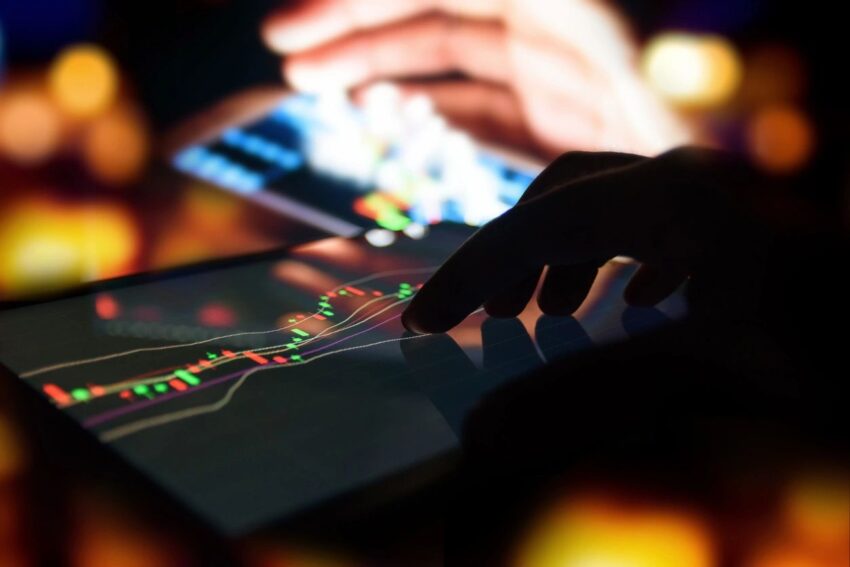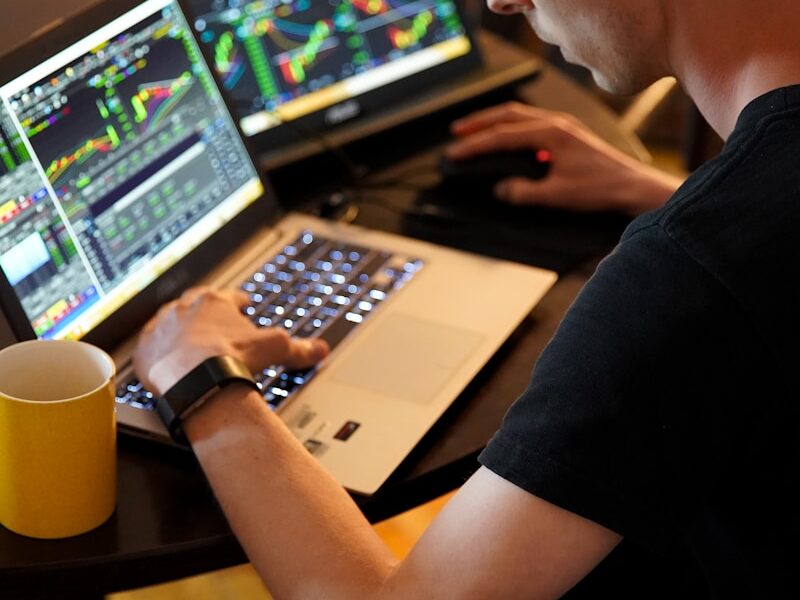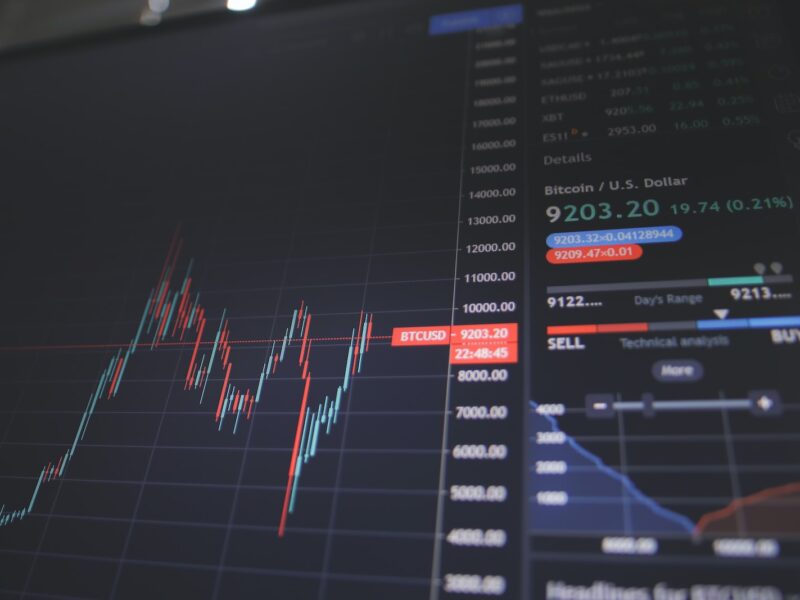When cryptocurrency showed up on the block, many people were skeptical of its legitimacy. There was a lot of resistance from the general public. Meanwhile, people were using crypto to amass millions using only a few critical skills in the background.
It’s been a long time since the first time crypto showed up on the picture, and it’s managed to clear its name in several ways. Many people now know its potential as an investment vehicle. However, just because it’s legitimate doesn’t mean it’s risk-free. In fact, like most investment vehicles, there are many potential problems you’ll need to know how to navigate around.
This article will detail some of the top skills you need to succeed as a crypto trader.
-
An Appreciation Of The Basics
Before you invest any real money into crypto, you should make sure that you really understand how cryptocurrency trading works. Don’t know what halving, blockchain, cryptocurrency mining, or cryptology is? Then, you should start studying and understanding how each term or method works.
-
Ability To Use Advanced Digital Tools
Although most cryptocurrency exchanges will show you all you need to know about trading, they sometimes require you to use some advanced digital tools to ensure a high success rate. You might even need to learn how to play cryptocurrency games to earn crypto if you’re more of a gamer type. If you’re a newbie, this is an essential skill you’ll need to learn to succeed as a crypto trader.
You need precision in your trades, and digital tools will help you gain that as you trade. Some platforms are more hands-off and have trading bots that can take care of most of the work for you. But, even then, you’ll still need to know how to set parameters for the bots to follow. To set parameters, you should have an appreciation of how parameters work in the world of crypto trading!
Such essential pieces of information are things you won’t have to learn at the last minute if you take the time to learn how to work with digital tools from the get-go.
-
Technical Analysis Skills
As a crypto trader, another skill that’ll make your job easier is technical analysis. Analyzing the market you want to work in is a must. Buying crypto isn’t a random act. It involves watching out for signs that it’s a good or a wrong time to try to buy a specific crypto. To do this consistently and successfully, you have to reduce it into hard science as much as possible. You must be able to remove emotions from your decision, and look at the market with as much objectivity and technicality before you buy or sell a token.
This skill is so essential and hard to get right every time that even after years of doing it, you might still miss vital signs and keep a token too long or sell it too soon, and lose potential profits in the game. This only shows that the pressure is even more if you’re a newcomer.
The best way to gain this skill as you go is to start slow and monitor the core factor of the market while you hone your knowledge of the market. That way, over time, you’ll be able to perform more and more impeccable technical analysis and, as a result, make better trading moves.
-
Research Skills
To be successful as a trader, you’ll need to hone those research skills as these are going to be a constant need. You’ll need to know past trends in the crypto you choose to trade in. Doing that will help you prepare for factors that may work in favor of or against your virtual currency on the market.
Ensure that you keep analyzing news, and how it may affect crypto prices and help you make informed decisions as to when to hold or sell your tokens.
-
Portfolio Management Skills
This, in so many ways, is just another way to say risk management. To manage a portfolio well, you need to know how to manage and mitigate risk since you’re always exposed to it. However, portfolio management is also about how to adjust your portfolio depending on your profits and losses. You’ll need to make sure that you’re focused on the bigger picture, so you don’t make hasty decisions as soon as you take a loss. Gains are likely to be more visible over time.
Conclusion
Because you’re operating in a terrain full of inherent risks, you want to ‘measure twice and cut once. It’s likely to be to your advantage if you can take a low risk and be less aggressive in your trading approach. Have a strategy at hand that you’re willing to stick to and not bail out at the slightest sight of trouble.
You won’t be winning every day, even with the best strategy in the world. But, if you stick to a good plan, over time, you stand to win big!



